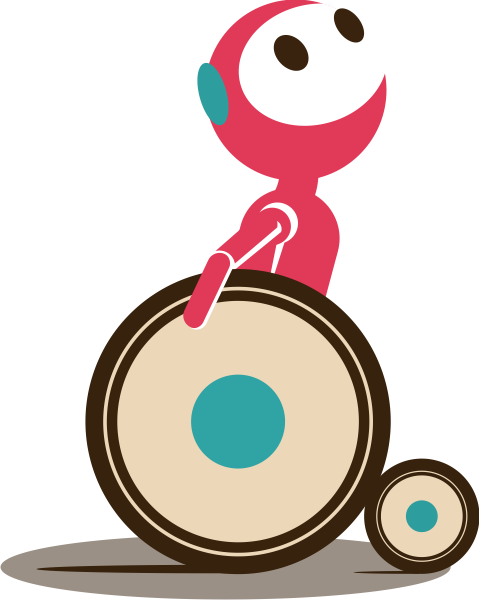This week Katie Price has been all over the news regarding her comments about her eldest son, Harvey. In case you have missed it, during a panel discussion on Loose Women she said that had she known Harvey was going to be born with his visual impairment as well as the other complex needs that come with the ADHD, autism and Prader-Willi syndrome diagnoses, she would have aborted him.
This, as with much of what Katie Price says, has been met with polarised opinion. Some have thanked Katie for her honesty and for highlighting the difficulties faced by parents and families of children with disabilities who require so much support from the family. Others have criticised Katie for her callousness claiming that this will be very damaging for Harvey when he’s older and able to understand her comments.
Personally, I feel both sides of the argument hold some truth. Katie’s honesty and ability to talk about this subject is valuable, particularly when she has such a high profile platform. This will give validity to many families in a similar situation and start the conversation on a topic which is highly emotional and often avoided.
It could also be very damaging for Harvey to have to hear something like this when he’s old enough to understand. Luckily, I never have to contemplate this as my mum didn’t have the chance to make such a choice. I was diagnosed at two years old and by that time, I was her little toddler she couldn’t imagine life without. Having a disability diagnosed at this age was just a battle she had to fight rather than consider whether she wanted to end it all or not.
That being said, I have had to deal with the thought of whether abortion might have been something others might have chosen had they conceived a child like me. I remember at school, I must have been around 13 years old, and we were discussing the moral and religious connotations around abortion during a Religious Education lesson and the discussion about abortion and disability came up. A class mate of mine said that yes he thought abortion was the right thing to do if you found out that the foetus had a disability. The feeling of not being as valuable as my peers still sticks with me now. I couldn’t get my head around the concept of aborting a child due to disability, particularly someone like me. If my classmates thought you should abort the child then did they think I should have been aborted? Eventually, after weeks of bottling up my feelings I talked it through with my mum and she reassured me that no matter what, even if she had of known I would have the disability I have – she would not have ‘got rid of me’.
I’m not here to judge and I truly believe in an individual’s choice. Disability comes in a huge and glorious spectrum of level of needs and impairments. Quality of life and how you measure this is down to each individual and their own values but this needs to come from an informed place.
Katie’s highlighting of the subject is really important. If nothing less than to encourage us to have the conversation but are we having the right conversation?
As she mentions herself, had she known then what she does now, she absolutely would not have considered an abortion. We need education. Education about disability and the realities of what it means. We need more support for those who have disabilities and those supporting disabled people. More information out there that says “Yeah, do you know what, life with a disability can sometimes be harder but it’s not always impossible”.
Had my mum been told that I had my disability when I was in her tummy; had they told her I would have to have invasive and painful operations at a young age; had they told her I would probably need to use a wheelchair and that I would need at least one of my joints replaced in my late twenties, would she have thought my life was worth continuing?
At this point, it is also important to consider that there are many other things they wouldn’t have been able to tell. They wouldn’t have been able to tell her that I would go to university or that I would have a group of brilliant friends. They wouldn’t have been able to describe my full time job that is exciting and that makes a difference to other people’s lives. They wouldn’t have the insight to explain that I couldn’t imagine being that much happier if I were just a few inches taller. All very important pieces of information but impossible for a doctor to include when that child hasn’t been given the chance to live.
So let’s try and celebrate success stories. Let’s talk about those working in business, in the media, those working in education who have disabilities and live full and successful lives. Let’s talk about the everyday: the people with disabilities who are parents, who party with their friends every weekend and those who do the weekly shop just like everyone else. Better to make disability part of the norm and talk about it from a realistic, everyday experience rather than from the incorrect and abstract perspective of what it ‘might’ be like.
That way young parents, when faced with a similar situation to Katie Price, will see the potential for a life that will be filled with lots of possibilities.

‘Make disability part of the norm’!
Astoundingly honest, clear, straight and rational advice for everyone, now.